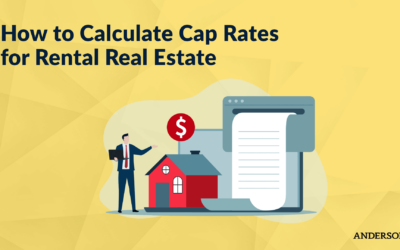A dealer and an Investor aren’t treated the same.
Carl Zoellner, Esq. explains the differences between a Real Estate Dealer and Investor, and why it’s important.
Updated May 18, 2021
Since there is a lot of confusion between these two terms, let’s bring to light the differences between a real estate dealer and an investor.
How the IRS Views Real Estate Investors vs. Real Estate Dealers
So, what makes someone an investor?
Does your friend who has the Robinhood app count? How about that one uncle you only ever see at family functions, who can be found eating and spouting terms like “A.I.” and “crypto,” but can’t explain it to anyone?
Well, there certainly is no shortage of these types of self-proclaimed investors.
For what we’re talking about, a real estate investor is a person with long-term holds. In comparison, real estate dealers buy and sell properties relatively quickly. So the real distinction here is how long the taxpayer has owned the property.
Wholesaling and flipping would generally be considered dealer activities and, in the same way the police don’t take too kindly to a different kind of dealer, the IRS doesn’t offer the same tax benefits to real estate dealers.
Tax Treatment for Real Estate Dealers
If you’re a real estate dealer, all that real estate activity is considered inventory, and you don’t want that. See, in the eyes of the IRS, property held by a dealer isn’t a capital asset. That means any gains made from your properties are treated as ordinary income, which is taxed at a much higher rate than long-term capital gains.
For that reason alone, we try to avoid dealer status.
Avoiding Dealer Status
Entities like S-corporations and C-corporations will help you avoid dealer status. So, if you’re engaging in “dealer activities,” we can divide your real estate portfolio into two different categories. This way, you can have both an active side and a passive side. This strategy allows you to get benefits from both types of real estate activity.
An easy way to think of it is like this: Investors engage in passive real estate activities, such as owning rental properties, while real estate dealers engage in active real estate endeavors, like flips and wholesaling.
If you’re an investor by day and a real estate dealer by night — and you can absolutely do both — just have those entities in place to maximize the tax advantages available to you on both sides of the coin.
The Takeaway
Well, hopefully that made it clear to those of you who were curious, or those of you who were having a bit of an identity crisis and weren’t clear which side of the fence you were on.
As always, if you have more questions and you are a Platinum client, please feel free to reach out. We’re always happy to chat with you as Platinum clients. If you’re not yet a client and you have additional questions we’d encourage you to set up a free consultation.
We offer free consultations and we’re happy to draw you out a Wealth Planning Blueprint of what you’re doing or what you plan to do so you at least have our suggestions on deck. You can claim a complimentary consultation completely free as a subscriber online, or by calling 888.871.8535.
Watch as Carl covers the major differences between the classifications of “real estate investor” and “real estate dealer,” and how to maximize the advantages available to each.
Resources mentioned in this article:
- Real Estate Asset Protection Guide for more investing and tax-saving strategies
- Schedule your free consultation today
BONUS VIDEO











